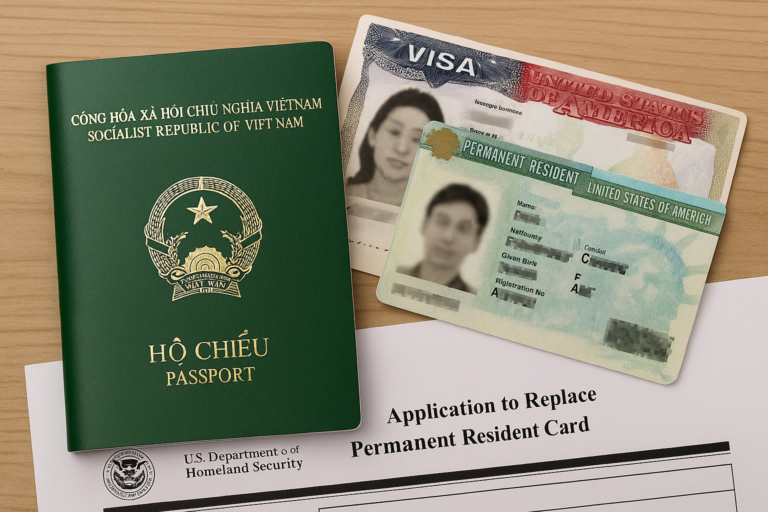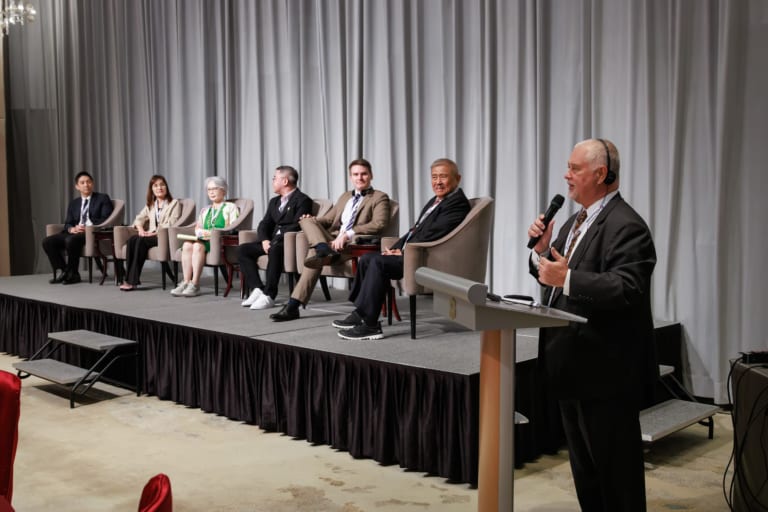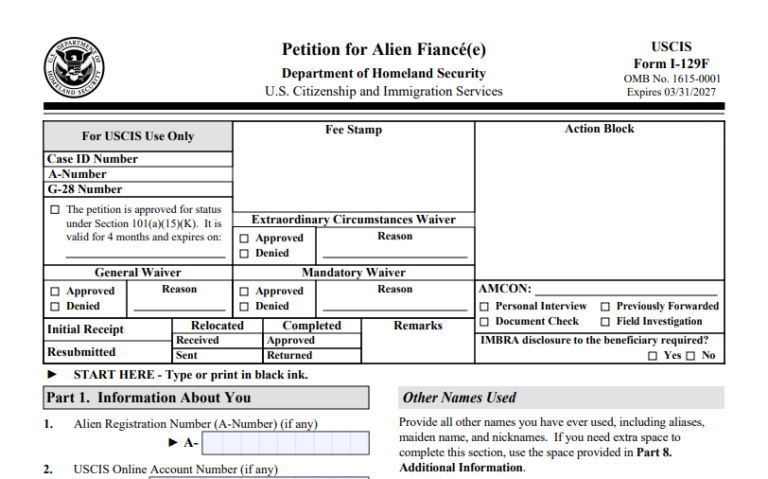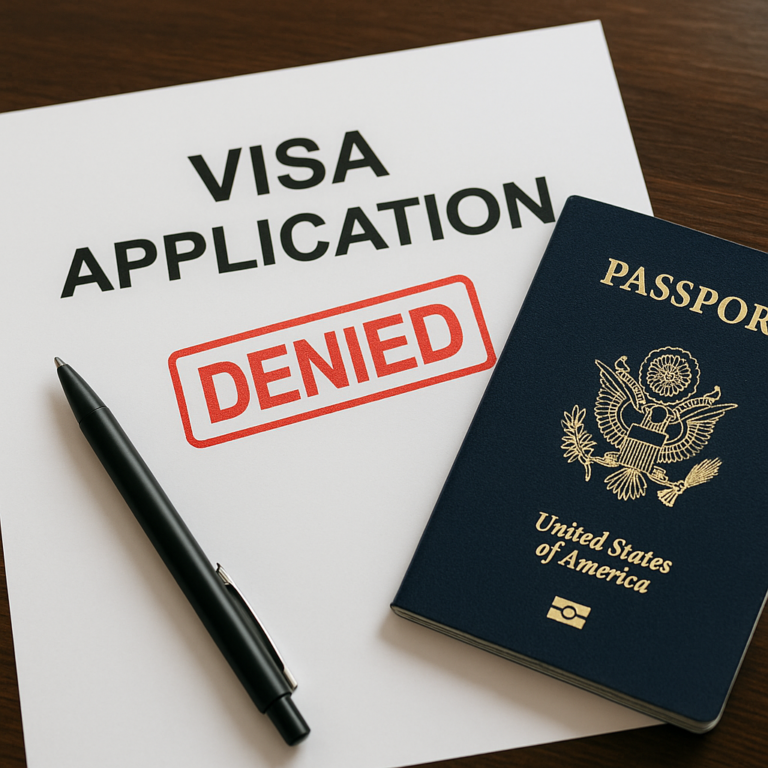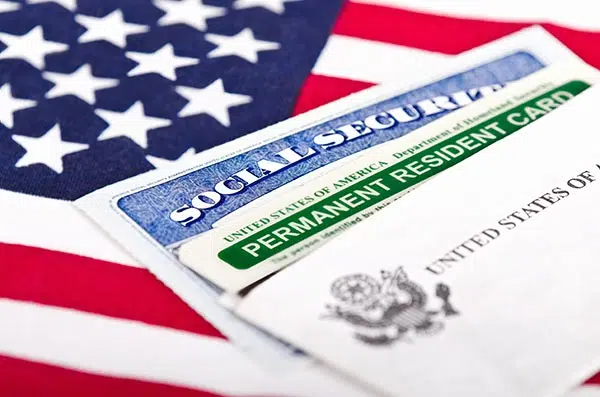
Philippines Ambassador to the United States, Jose Manuel Romualdez said it would be better for undocumented Philippines citizens to voluntarily leave the U.S. rather than be deported. Ambassador Romualdez made these comments following Donald Trump being elected as the 47th President of the United States and Trump’s appointment of Thomas





